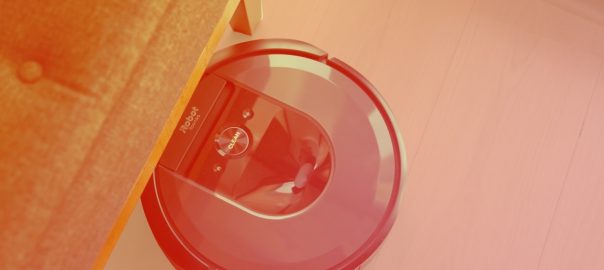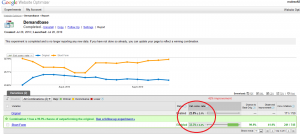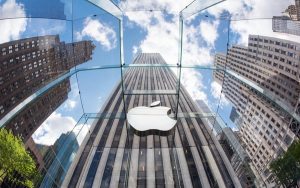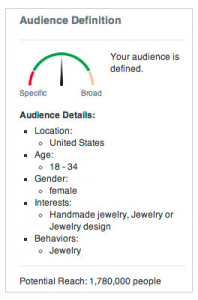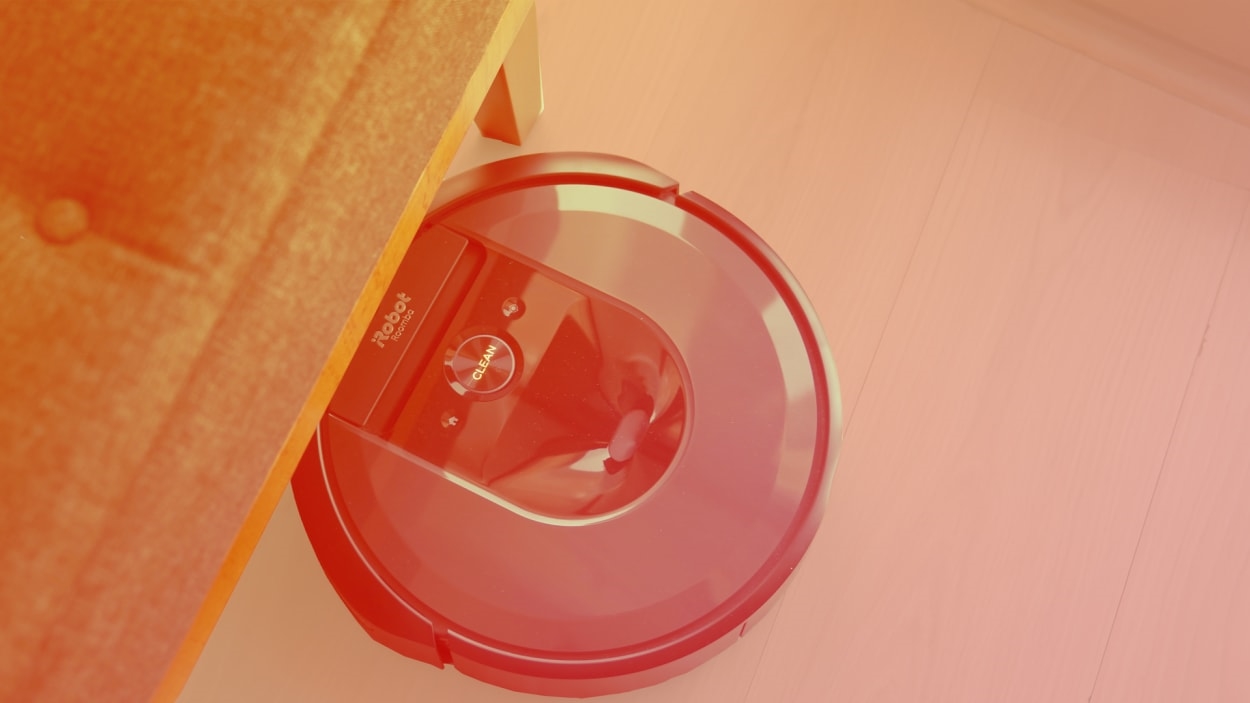
The deal is valued at $1.7 billion, and cofounder Colin Angle will retain his role of iRobot CEO inside of Amazon. Neither company has said much about the acquisition otherwise, except to opine on a shared desire to make people’s lives easier.
Already, there’s been a lot of fretting about what Amazon might do with iRobot’s data. After all, some Roomba vacuums can create detailed maps of your home, and Angle suggested back in 2017 that the company could share that information with tech giants. (He quickly walked back the idea.)
But the real downer with this acquisition isn’t merely about data—of which the tech giants already have plenty—but about losing yet another independent company with interesting smart-home ambitions of its own. Whereas iRobot once had a plan to be the brains of your home, its new mission will likely be to peddle more Ring home security subscriptions.
More ambitious plans
iRobot is no longer alone in the robot vacuum business. While it’s still the most popular brand overall, it faces tough competition from brands like Neato, Eufy, and Ecovacs, which have added their own room-mapping, self-emptying, ledge-detection, and mopping features. Hardware alone is no longer a major differentiator.
That may explain why Angle had become vocal about iRobot’s software and services in recent years. In 2020, iRobot announced a software update called “Genius,” heralding the upgrade as a “brain swap” that would make Roombas smarter and more coordinated. With Genius, users would be able to define specific areas for spot cleaning, or set up routines for cleaning just a handful of typically messy areas.
Last year, Angle took the idea a step further, claiming that iRobot’s vacuums would eventually be able to communicate with other devices around the home. In an interview with Fast Company in September, he talked about having Roombas act as roving security cameras, adjust room lighting based on where people are located, and control air purifiers based on environmental conditions.
“The scope of Genius is far larger than simply making your Roomba work better,” Angle told me last year.
Angle also insisted that Amazon, Apple, and Google were screwing up the smart home by trying to integrate with practically every product in existence, regardless of how well those integrations worked. (They often don’t work well at all.) As an alternative, Angle envisioned a more curated approach in which iRobot would work better with a smaller number of connected devices.
“Unlike the Googles, Amazons, and SmartThings of the world, I believe in a walled garden,” he said. “I believe the experience trumps universality.”
Those ideas seem unlikely to materialize post-acquisition. While Amazon is clearly interested in home robots—as seen with the ambitious but deeply flawed Astro—its primary angle is security, and the company as a whole has pivoted toward surveillance as the centerpiece of its smart-home efforts. One can imagine iRobot dialing back its plans to be the brains of your smart home, and instead serving as just another set of eyes for Ring home security customers and all the civil rights baggage they carry.
Retracing familiar territory
Admittedly, this is all just speculation. But it’s informed by what happened the last time Amazon acquired an ambitious upstart in the smart-home space.
I’m referring, of course, to Eero, a maker of Wi-Fi routers that had its own grand plans to be the brains of your home. Before the acquisition, CEO Nick Weaver repeatedly talked up the computing power that Eero had built into its mesh Wi-Fi systems, alluding to how they might help power a future operating system for smart homes.
Those plans never came to fruition. As Rachel Kraus reported for Mashable in 2019, Eero abandoned plans for a home security system for fear of competing with Google and other tech giants, and was acquired by Amazon for a disappointing $97 million.
As part of Amazon, Eero continues to develop Wi-Fi routers, but its broader smart-home plans mainly exist to feed into the Ring home security apparatus. The Ring Alarm Pro, which launched last year, is essentially an Eero router and Ring home security base station fused into one product.
Granted, Eero’s core routers haven’t suffered under Amazon, and iRobot’s vacuums and mops aren’t likely to, either. And when combined, they may add up to the kind of ambitious smart-home ecosystem that each of the two companies envisioned on their own.
Amazon also seems anxious to quell concerns around data collection, sending over the following statement after publication: “Protecting customer data has always been incredibly important to Amazon, and we think we’ve been very good stewards of peoples’ data across all of our businesses. Customer trust is something we have worked hard to earn —and work hard to keep— every day.”
Still, it’s sad to see another attempt at an independent platform become folded into that of a tech giant, one whose main selling point involves keeping you safe from danger—real or perceived—rather than adding mere convenience to your life.
(22)
